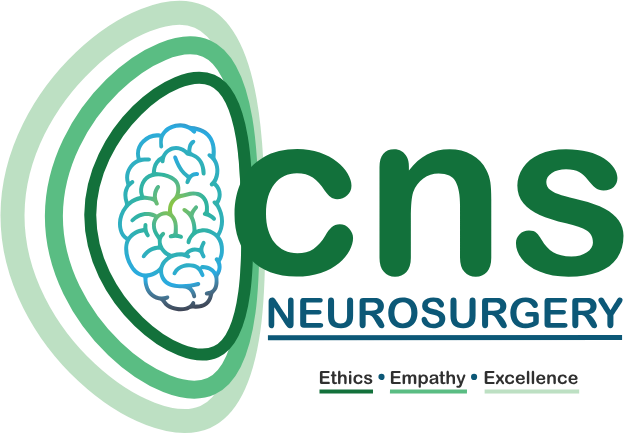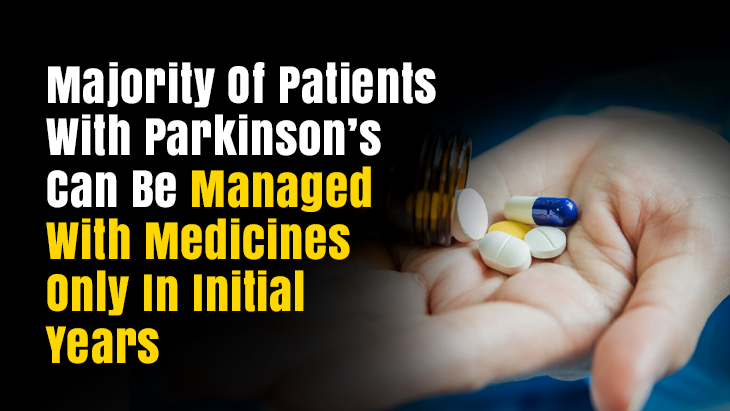Parkinson’s disease is a chronic neurological disorder that is associated with the primary issues of movement, balance, and coordination and manifests itself as a tremor, stiffness, loss of balance, and walking difficulty. Even though it is a chronic illness that most of the patients suffer from in their initial years, the majority of the patients can live quite normal lives with appropriate medical control. More importantly, treating drugs are the major agents in balancing Parkinson’s disease symptoms, especially during its early stage.
This blog will cover the available options, how medications function in the early stages of Parkinson’s disease, and when high-tech therapies like surgery are necessary. Dr. Chirag Solanki, a well-known neurosurgeon in Ahmedabad, will conclude with a quick discussion on the function of a multidisciplinary team and a word on skilled neurosurgical care.
Understanding Parkinson’s Disease
Parkinson’s disease is caused by the gradual loss of dopamine-producing neurons in the brain’s substantia nigra. One important neurotransmitter that aids in controlling movement and coordination is dopamine. Dopamine levels drop when these neurons degenerate, leading to the motor symptoms that are typical of Parkinson’s disease.
Common early symptoms include:
- Tremors at rest
- Bradykinesia (slowness of movement)
- Muscle rigidity
- Postural instability
Mood disorders, sleep difficulties, and autonomic dysfunction are examples of non-motor symptoms that can also arise and frequently make managing the disease more difficult.
Role of Medications in Early Parkinson’s Disease
1. Levodopa (L-DOPA):
For the treatment of Parkinson’s disease symptoms, levodopa is regarded as the gold standard. In the brain, it is transformed into dopamine, which helps restore the depleted amounts. In the first several years, the majority of patients react quite favourably to levodopa. It greatly enhances the quality of life and motor function.
Levodopa is frequently coupled with carbidopa (in drugs like Sinemet) to increase its efficacy since it stops it from degrading before it reaches the brain.
2. Dopamine Agonists:
These drugs imitate the actions of dopamine in the brain. Ropinirole, rotigotine, and pramipexole are a few examples. They are helpful for younger individuals or in the early stages of the illness to postpone the use of Levodopa, even though they are somewhat less effective than Levodopa.
3. MAO-B Inhibitors:
These extend the action of dopamine by preventing its breakdown in the brain. MAO-B inhibitors that are often used include rasagiline and selegiline.
4. COMT Inhibitors:
By stopping the breakdown of levodopa, catechol-O-methyltransferase (COMT) inhibitors, such as entacapone, are used to extend its effects.
5. Anticholinergics and Amantadine:
These are occasionally used as an adjuvant in more advanced phases or to manage tremors in younger patients. Dyskinesias, or involuntary movements, may also benefit from amantadine.
Medication Management: A Tailored Approach
Every Parkinson’s patient is different; the drug schedule needs to be tailored to their age, lifestyle, level of symptoms, and therapeutic response. Early on, little medicine could be required. Doses may need to be changed over time to account for motor variations or “wearing-off” effects.
To track the course of the disease and improve treatment strategies, routine follow-ups with a neurologist are essential.
Why Medications Work Well in Early Years
- Better Dopaminergic Reserve: Early on, dopamine production continues, which increases the effectiveness of medications.
- Neuroplasticity: Early in an illness, the brain has compensatory mechanisms to adjust to dopamine depletion.
- Less Medication Requirement: By requiring less medicine at first, the risk of adverse effects such as hallucinations or dyskinesias is reduced.
- Quality of Life: The great majority of patients have significant symptom relief, allowing them to continue with their everyday activities, employment, and social relationships.
Limitations of Medications Over Time
Parkinson’s is a progressive disease, even though early-stage treatments can be beneficial. Patients may develop “motor complications,” such as the following, as their symptoms increase over time:
- Wearing-off: The effects of medications wear off more quickly.
- On-off phenomena: Unpredictable, abrupt changes in motion.
- Dyskinesias: Unpredictable, involuntary movements brought on by prolonged Levodopa use.
Other treatments could be taken into consideration, such as:
- Deep Brain Stimulation, or DBS: The surgical implantation of electrodes in particular brain regions.
- Duodopa or apomorphine infusion: sophisticated drug delivery methods.
Non-Medical Management in Early Parkinson’s
Results are improved by supportive therapy and lifestyle modifications in addition to medication:
- Strength, balance, and mobility are all enhanced by physical therapy.
- Occupational therapy: Helps with independence and everyday tasks.
- Speech therapy is used to treat problems with speech or swallowing.
- Nutrition: A well-balanced diet promotes both overall health and the effectiveness of medications.
- Support for Mental Health: Aids in the management of anxiety or depression.
Conclusion: Medicines as the First Line of Management
In summary, most Parkinson’s patients can be adequately treated in the early years with just medicine. Delaying the progression of the disease and preserving a high quality of life are made possible by early diagnosis, individualized treatment programs, and routine monitoring.
A thorough treatment plan that includes potential surgery may be taken into consideration when symptoms change. Dr. Chirag Solanki, one of the best neurosurgeons in Ahmedabad, offers professional advice and care to patients in Gujarat, India. Dr. Solanki specializes in neurological conditions and offers state-of-the-art surgical treatments, such as Deep Brain Stimulation for Parkinson’s disease, to help patients live better lives.
If you or a loved one are seeking expert consultation for Parkinson’s or other neurological conditions, consider scheduling an appointment with Dr Chirag Solanki today.

